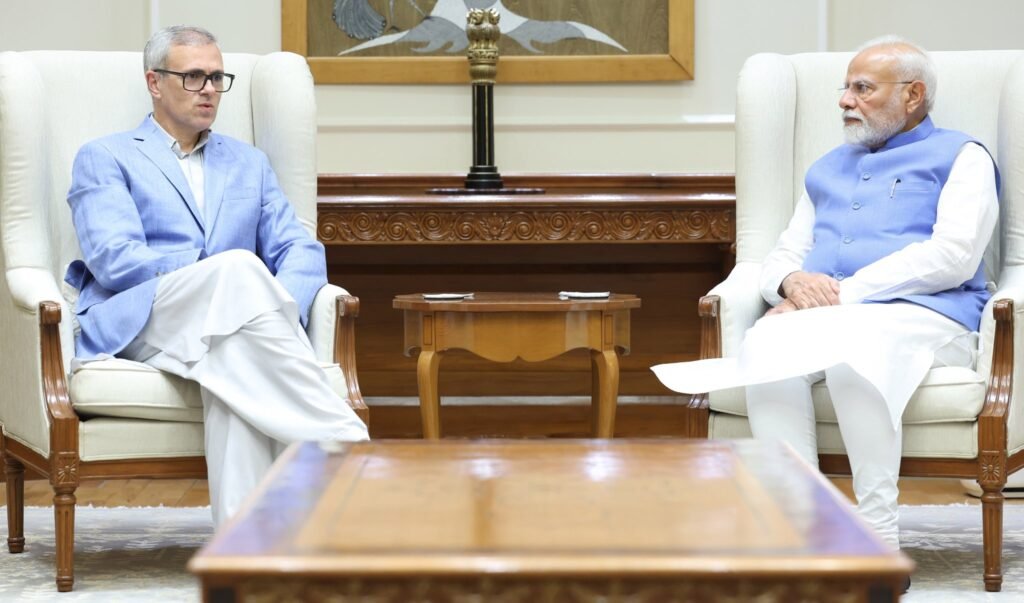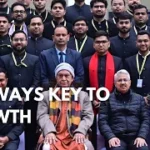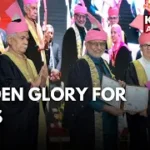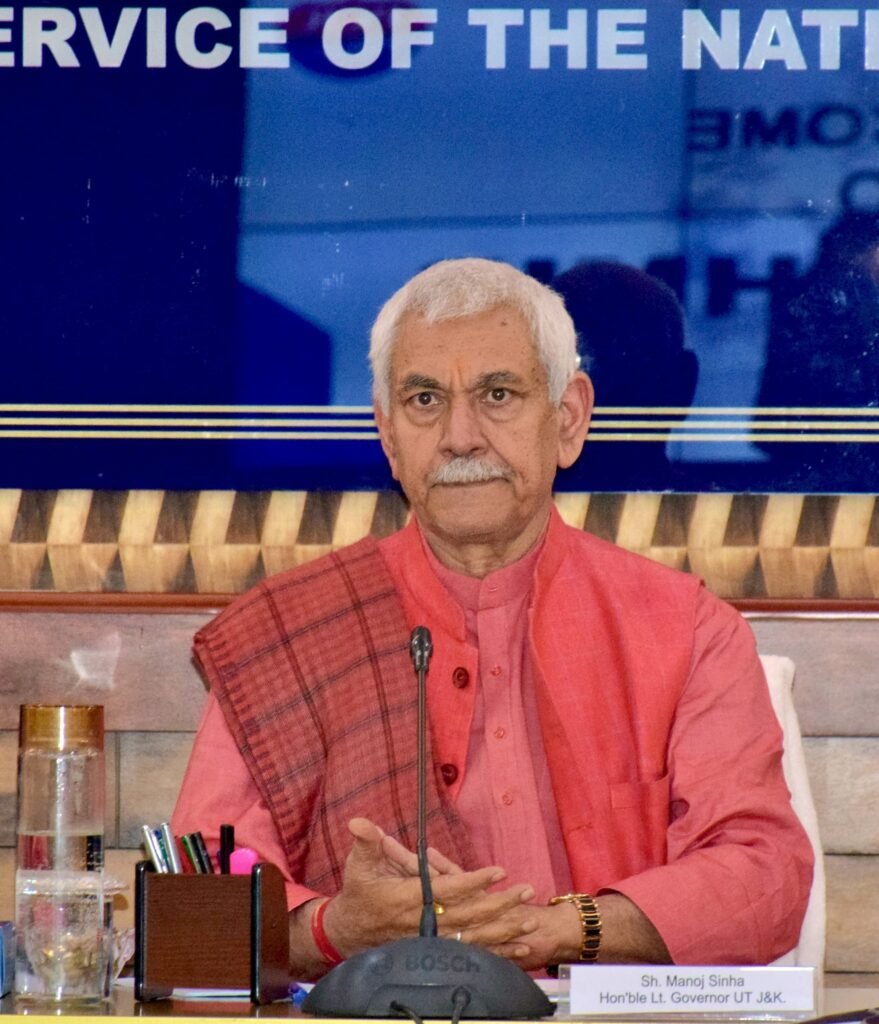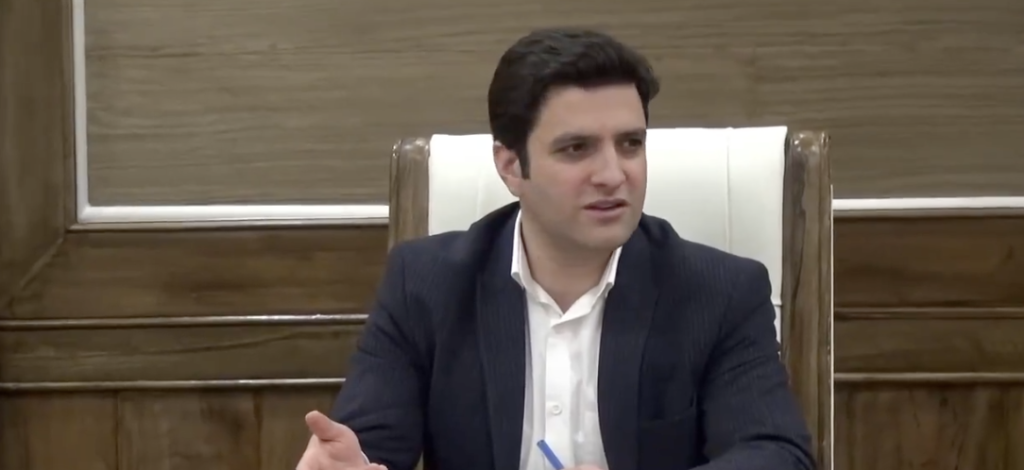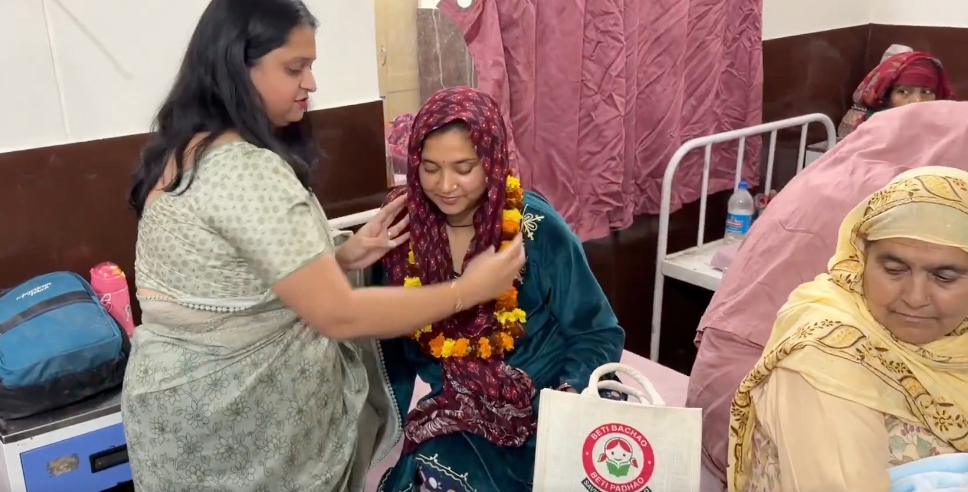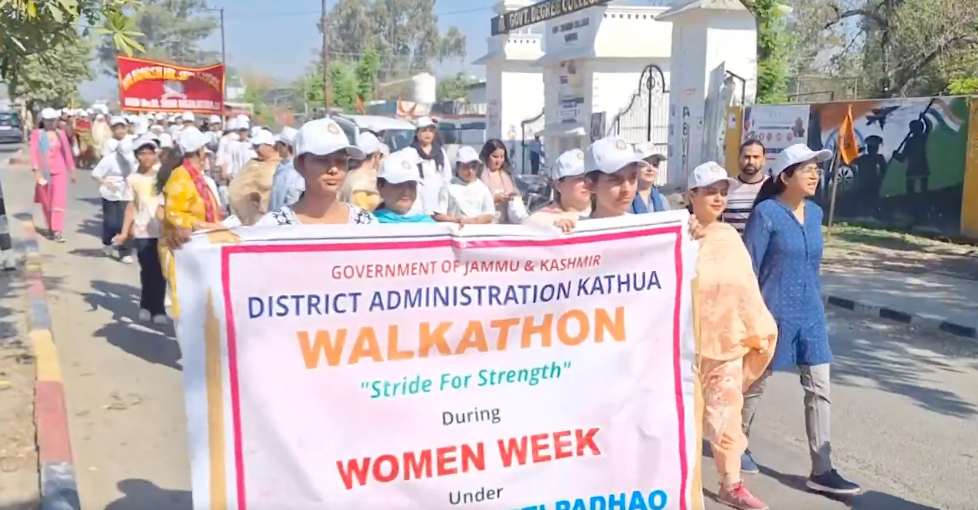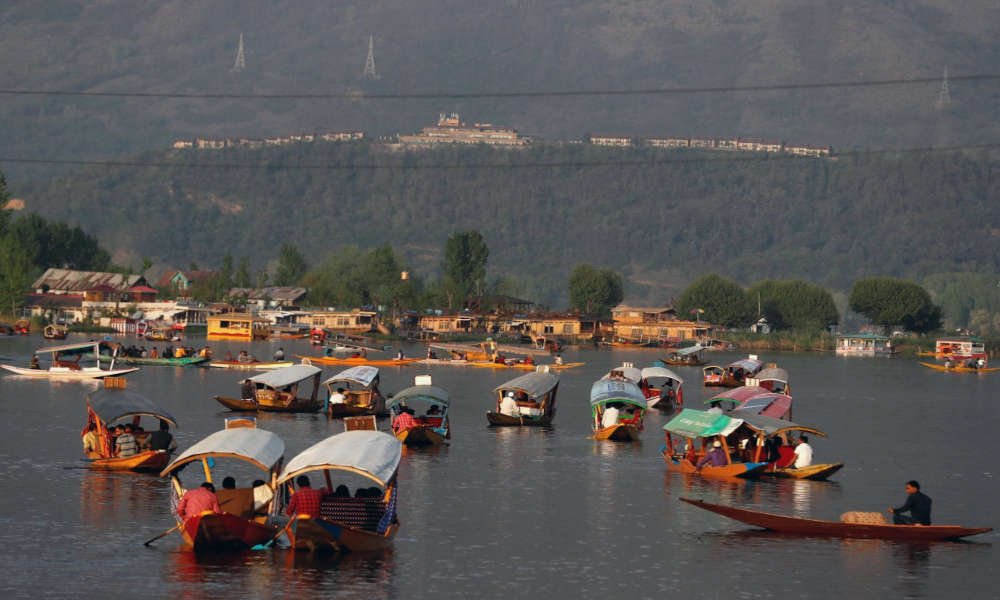New Delhi, May 3, 2025 – Jammu and Kashmir Chief Minister Omar Abdullah met Prime Minister Narendra Modi at his Delhi residence on Saturday for a 30-minute dialogue centered on the April 22 Pahalgam terror attack and critical issues facing the Union Territory. The meeting, their first since the deadly attack in Baisaran Valley that killed 26 people, mostly tourists, addressed the region’s security and socio-economic concerns.
Abdullah briefed Modi on the aftermath of the attack, claimed by The Resistance Front, a Lashkar-e-Taiba affiliate, which has sparked widespread anger in Kashmir. Locals, in a rare move, protested against the violence, a shift not seen since the onset of militancy in 1989. Highlighting the bravery of pony ride operator Syed Adil Hussain Shah, who died trying to protect tourists, Abdullah said, “Kashmiris have rejected this terror. We need a strong response, but innocents must be spared.”
The attack threatens the region’s thriving tourism sector and raises concerns for the Amarnath Yatra, starting July 3. Abdullah stressed the urgency of restoring confidence among visitors, noting the economic toll. The discussion also touched on India’s retaliatory measures, including suspending the Indus Waters Treaty, closing the Attari border, and banning Pakistani imports, which prompted Pakistan to halt trade and block Indian ships.
Abdullah clarified he would not exploit the tragedy for political gains like statehood restoration. “Those 26 lives are not a bargaining chip,” he said, emphasizing his responsibility for tourist safety. Modi assured a robust response, granting the armed forces operational freedom, while the J&K Assembly’s resolution condemning the attack and ongoing anti-terror operations, including demolishing terrorists’ homes, was acknowledged.
Amid heightened tensions along the Line of Control, with Pakistan breaching the ceasefire for nine nights, Abdullah urged protection for Kashmiri students facing harassment elsewhere in India. The meeting signaled unity, with BJP leaders praising the collaborative approach to combat terrorism.

